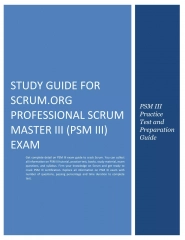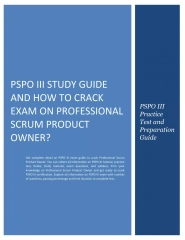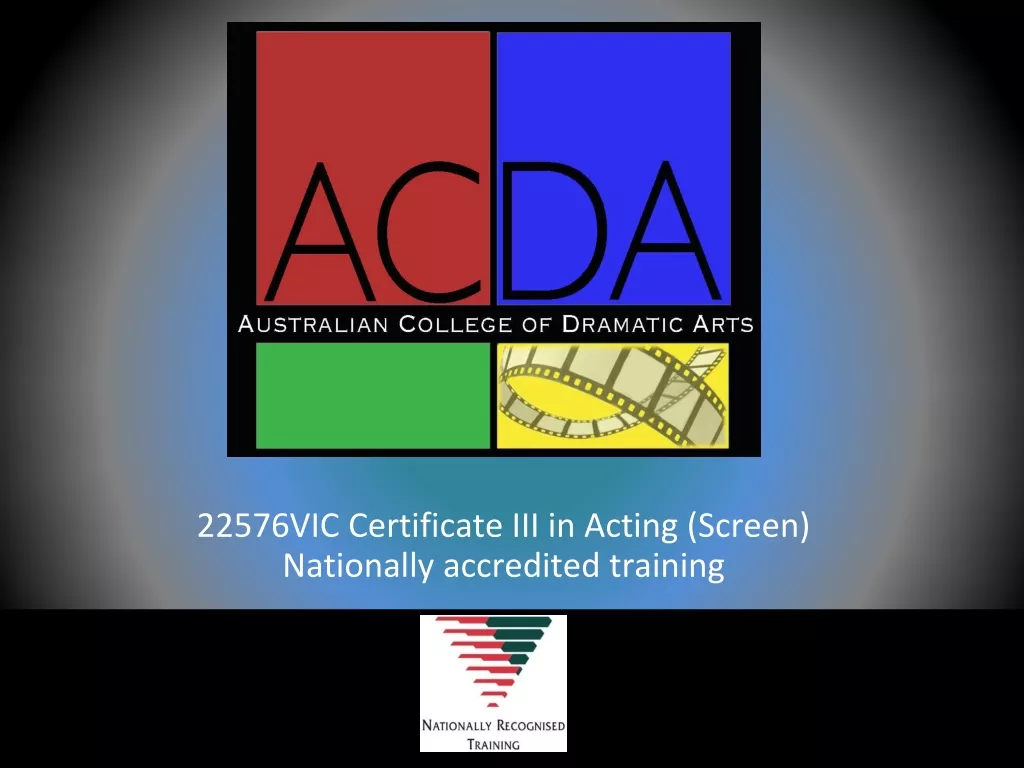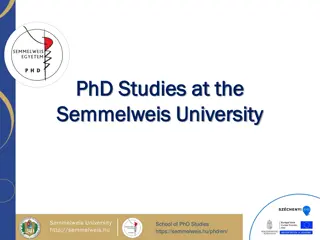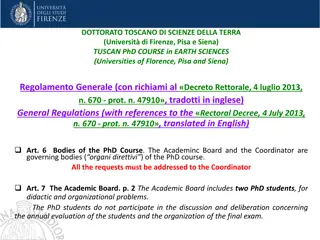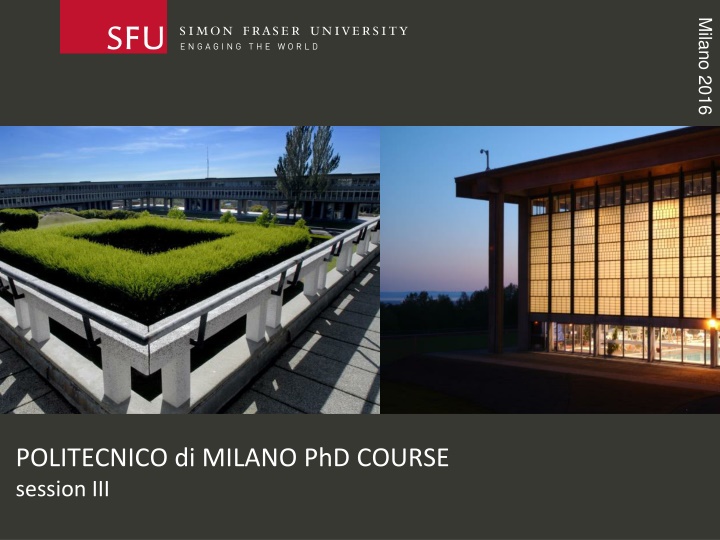
Exploring Innovative Learning Theories at Milano 2016 PhD Course
Delve into the advanced concepts covered at the Milano 2016 Politecnico di Milano PhD Course, from meta-cognition to counter-culture norms. Discover the application of theories of learning, problem posing, and more in large classrooms. Uncover the essence of building thinking classrooms and understanding non-thinking classrooms through years of research at MS. Ahn's classroom.
Download Presentation

Please find below an Image/Link to download the presentation.
The content on the website is provided AS IS for your information and personal use only. It may not be sold, licensed, or shared on other websites without obtaining consent from the author. If you encounter any issues during the download, it is possible that the publisher has removed the file from their server.
You are allowed to download the files provided on this website for personal or commercial use, subject to the condition that they are used lawfully. All files are the property of their respective owners.
The content on the website is provided AS IS for your information and personal use only. It may not be sold, licensed, or shared on other websites without obtaining consent from the author.
E N D
Presentation Transcript
Milano 2016 POLITECNICO di MILANO PhD COURSE session III
Milano 2016 meta-cognition multiple intelligences (Gardner) transfer analogical reasoning (Novick) critical incidents (Tripp) variation theory (Mortens) creeping determinism (Fischoff) discourse tensions (Berry) thickening (Geertz) empirical (Liljedahl) * affect / meta-affect (Goldin) illumination (Liljedahl) surprise (Adler) flow (Cs kszentmih lyi) * counter culture/norms (Liljedahl) * problem posing (Brown & Walters) modelling RME learner generated examples (Watson & Mason) * etc. l* I will demonstrate theory for l suitable for large classes THEORIES OF LEARNING
Milano 2016 COUNTER CULTURE railing against norms
Milano 2016 Liljedahl, P. & Allan, D. (2013). Studenting: The case of "now you try one". Proceedings of the 37th Conference of the PME, Vol. 3, pp. 257-264. Kiel, Germany: PME. Liljedahl, P. & Allan, D. (2013). Studenting: The Case of Homework. Proceedings of the 35th Conference for PME-NA. Chicago, USA. Liljedahl, P. (in press). Building thinking classrooms: Conditions for problem solving. In P. Felmer, J. Kilpatrick, & E. Pekhonen (eds.) Posing and Solving Mathematical Problems: Advances and New Perspectives. New York, NY: Springer. Liljedahl, P. (2014). The affordances of using visually random groups in a mathematics classroom. In Y. Li, E. Silver, & S. Li (eds.) Transforming Mathematics Instruction: Multiple Approaches and Practices. New York, NY: Springer. Liljedahl, P. (under review). Flow: A framework for discussing teaching. Proceedings of the 40th Conference of the PME. [..] CULMINATION SO FAR
Milano 2016 If 6 cats can kill 6 rats in 6 minutes, how many cats are required to kill 100 rats in 50 minutes? - Lewis Carroll MS. AHN S CLASS (2003)
Milano 2016 NOTHING! If 6 cats can kill 6 rats in 6 minutes, how many cats are required to kill 100 rats in 50 minutes? - Lewis Carroll MS. AHN S CLASS (2003)
Milano 2016 UNDERSTANDING NON-THINKING CLASSROOMS MS. AHN S CLASSROOM BUILDING THINKING CLASSROOMS 12 YEARS OF RESEARCH
Milano 2016 UNDERSTANDING NON-THINKING CLASSROOMS
Milano 2016 NOW YOU TRY ONE HOMEWORK TAKING NOTES REVIEW LECTURE GROUP WORK STATIONS CONTEXT OF RESEARCH
Milano 2016 Observation Phase Typology Building Typology Testing TYPOLOGY BUILDING
Milano 2016 n=32 Mimicking (n=17) Slacking (n=3) Checking Understanding (n=6) Stalling (n=4) catching up on notes (n=0) NOW YOU TRY ONE
Milano 2016 The concept of studenting or pupiling is far and away the more parallel concept to that of teaching. [..] there is much more to studenting than learning how to learn. In the school setting, studenting includes getting along with one s teachers, coping with one s peers, dealing with one s parents about being a student, and handling the non-academic aspects of school life. (Fenstermacher, 1986, p. 39) STUDENTING D
Milano 2016 [T]hings that students do such as psychingout teachers, figuring out how to get certain grades, beating the system , dealing with boredom so that it is not obvious to teachers, negotiating the best deals on reading and writing assignments, threading the right line between curricular and extra-curricular activities, and determining what is likely to be on the test and what is not. (Fenstermacher, 1994, p. 1) STUDENTING D
Milano 2016 identifies autonomous actions of students that may or may not align with the intentions of the teacher extends constructs such as the didactic contract (Brousseau, 1997) and classroom norms (Cobb, Wood, & Yackel, 1991; Yackel & Cobb, 1996) to encompass behaviours that are not predicated on an assumption of shared intent to learn STUDENTING
Milano 2016 n=32 Mimicking (n=17) Slacking (n=3) Checking Understanding (n=6) Stalling (n=4) catching up on notes (n=0) NOW YOU TRY ONE
Milano 2016 n=32 GAMING 82% Liljedahl, P. & Allan, D. (2013). Studenting: The case of "now you try one". Proceedings of the 37th Conference of the PME, Vol. 3, pp. 257-264. Kiel, Germany: PME. NOW YOU TRY ONE
Milano 2016 preferred learning style ALTERNATE IDEAS teacher is wrong institutional norms WITH FA ADE (intentional) GAMING avoidance economy of action BEATING THE SYSTEM doing being practical rationality wrong objective NO FA ADE (unintentional) wrong rules FRAMEWORK OF GAMING
Milano 2016 doing being a student (Sacks) practical rationality (Aaron) law of least effort (Kahnemann) motivation and avoidance (Hannula) didactic tension (Mason) goal regulation (Hannula) self-determination theory (Deci & Ryan) institutional norms (Liu & Liljedahl) avoidance (Hannula) activity theory (Leont ev, Engstr m) THEORIZING ABOUT STUDENTS
Milano 2016 BUILDING THINKING CLASSROOMS
Milano 2016 some were able to do it they needed a lot of help they loved it they don t know how to work together they got it quickly and didn't want to do any more they gave up early just do it teaching problem solving TASKS teaching with problem solving FILTERED THROUGH STUDENTS EARLY EFFORTS
Milano 2016 REALIZATION
Milano 2016 REALIZATION
Milano 2016 REALIZATION
Milano 2016 CASTING ABOUT (n = 300+)
Milano 2016 tasks hints and extensions how we give the problem how we answer questions how we level room organization how groups are formed student work space how we give notes assessment THINGS I (WE) TRIED
Milano 2016 VARIABLE tasks hints and extensions how we give the problem how we answer questions how we level room organization how groups are formed student work space how we give notes assessment POSITIVE EFFECT good tasks managing flow oral vs. written 3 types of questions level to the bottom defronting the room visibly random groups vertical non-permanent surfaces don't 4 purposes FINDINGS
Milano 2016 levelling assessment flow answering questions oral instructions defronting the room good tasks vertical non- permanent surfaces visibly random groups FINDINGS
Milano 2016 liljedahl@sfu.ca #VNPS




